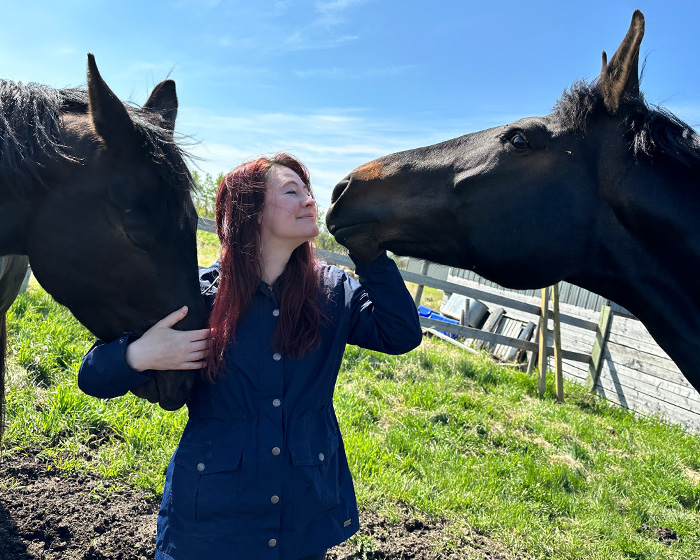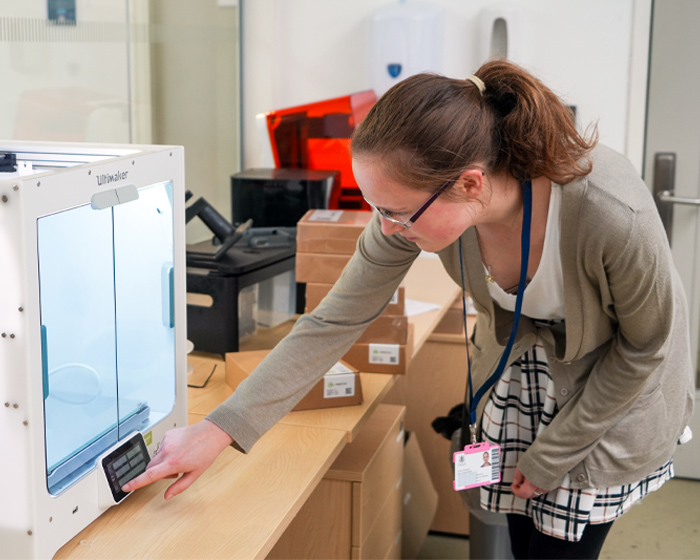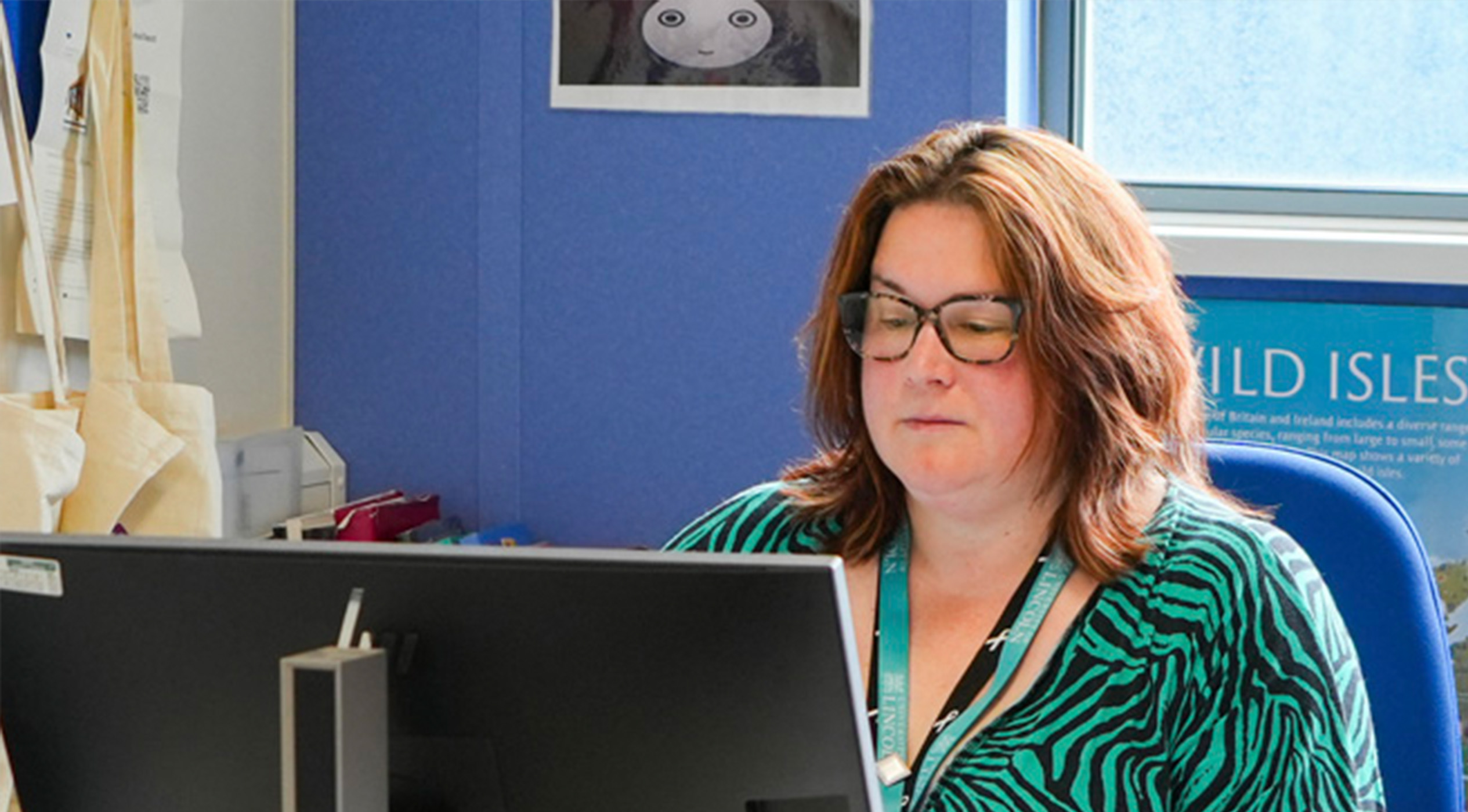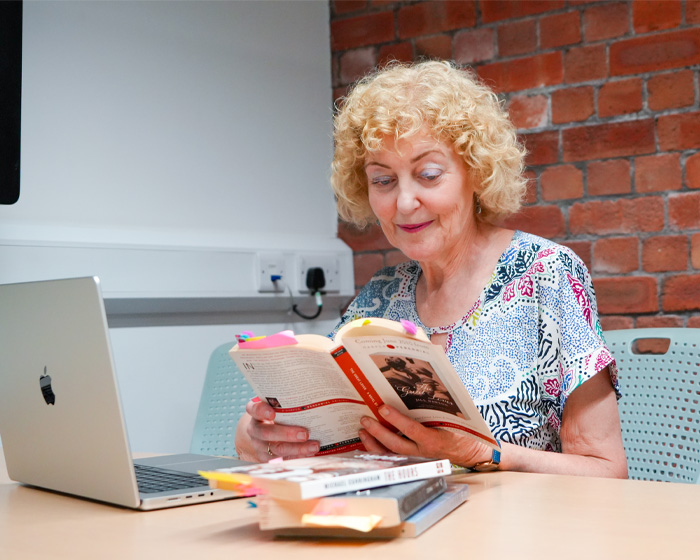Celebrating Success, Inspiring Action
Saturday 8 March 2025 marks International Women's Day, a global day celebrating the social, economic, cultural, and political achievements of women. It urges us to make real steps towards a gender equal world, free from bias, stereotypes, and discrimination.
This year's theme of #AccelerateAction is calling for increased momentum in achieving this goal by identifying what works and doing more of it, faster. This includes acknowledging strategies, resources, and activities that positively impact women's advancement and pushing for their implementation.
At the University of Lincoln, the event coincides with our Postgraduate Open Day and across campus we will be showcasing the incredible achievements of inspirational women. Both on International Women's Day and every other day, we seek to break down biases and empower everyone to feel equal both professionally and personally, ensuring that no one's successes go unsung.

/prod01/university-of-lincoln-cdn-pxl/media/responsive2017/images/Team,members,talking.jpg )


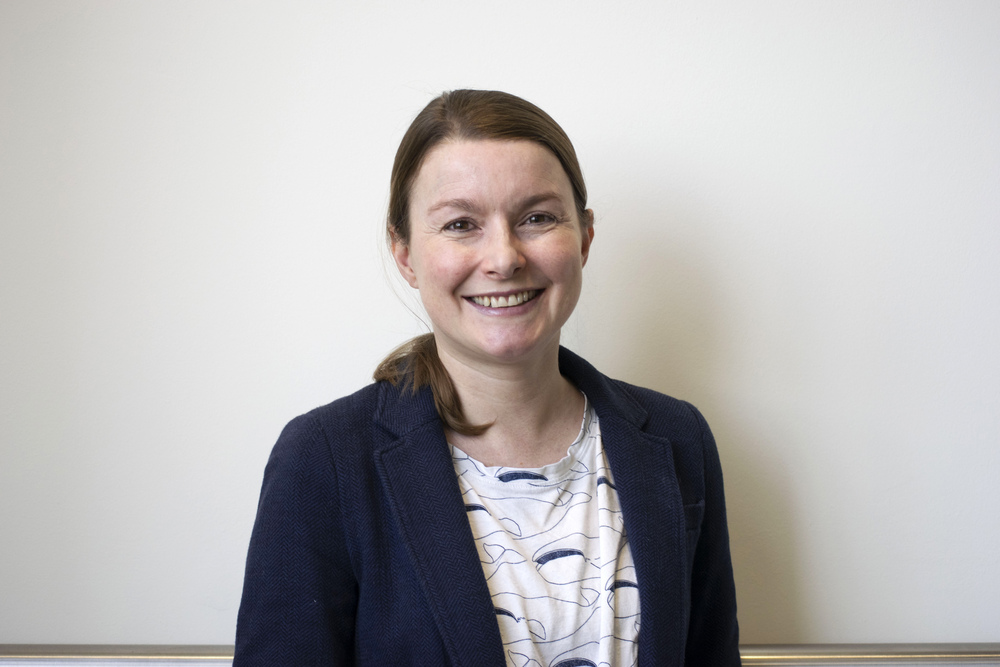
.jpg)

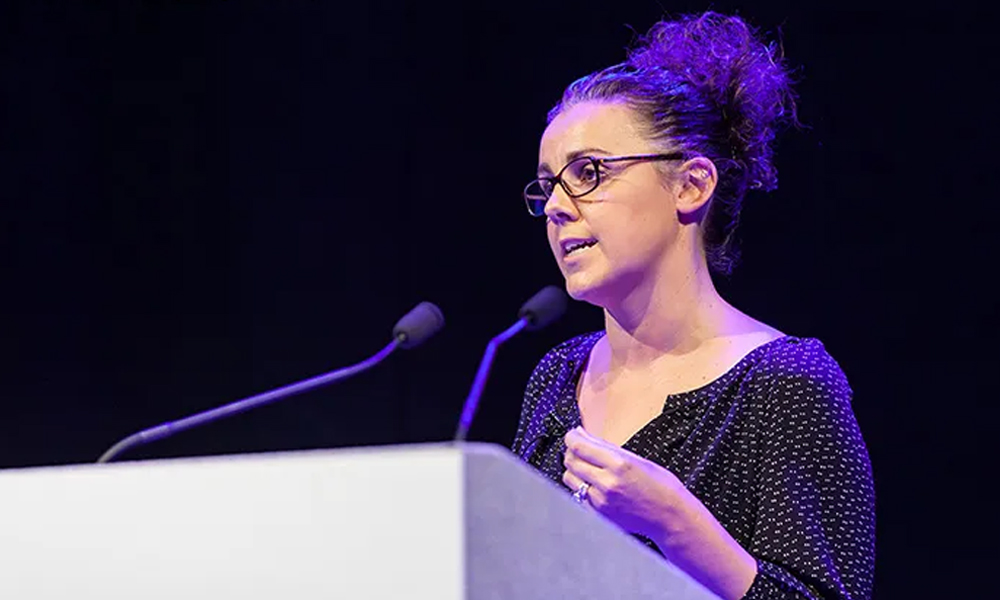


.jpg)
